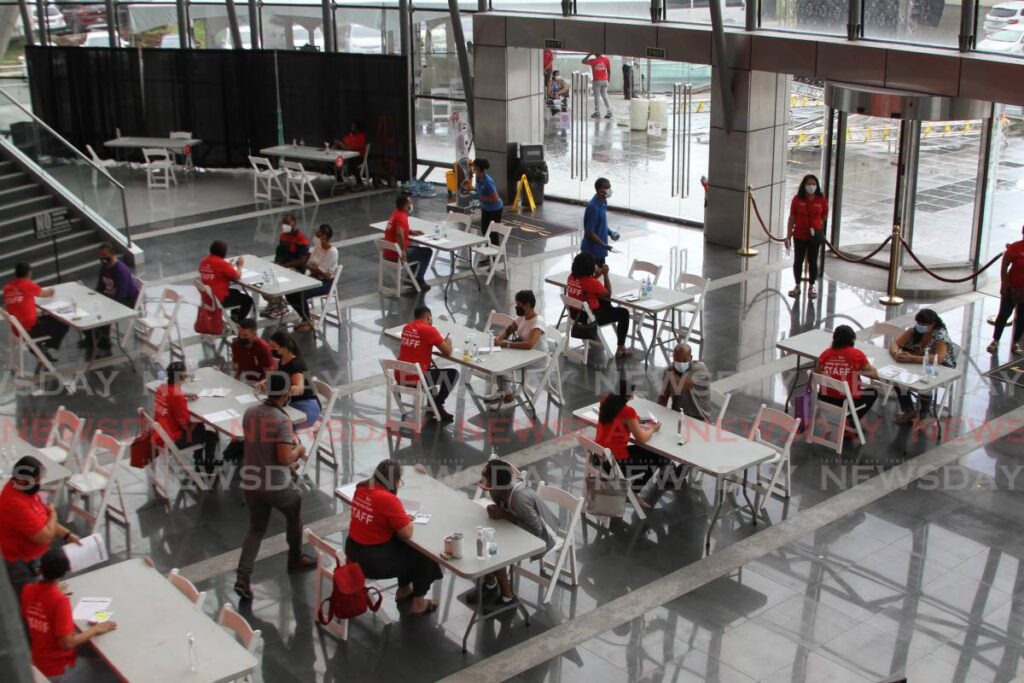The continuity challenge: How new covid issues may affect your company’s survival

The World Health Organization (WHO) warned that novel coronavirus 2019 (covid19) could be with us for many years. Experts have even stated that this virus would eventually become endemic so that it could soon be treated like the common cold.
What is clear is that this virus is no longer considered new. However, even now, companies are continuing to experience an ever-fresh batch of “novel” workplace issues because of it.
HR managers are now facing unprecedented challenges and are required to make decisions based on their best judgments. HR/IR consultants must give counsel without having reliance on or guidance from the Industrial Court’s jurisprudence on pandemic-related matters.
Clients are seeking our guidance on a myriad of extraordinary issues, such as receiving fake vaccination cards from workers. This is becoming prevalent not only for employees but customers who want to take part in safe-zone activities fraudulently.
We have been asked about payments to workers who have been quarantined multiple times, each for a period of 14-21 days, and about workers who continue to breach covid19 policy and/or claim that they have to go into quarantine without quarantine orders.
These are significant human-capital management issues which have changed the focus of companies away from creating and maintaining a safe workspace to one of pure business continuity.
The average daily new case count was well above 750 over the last week or so, and companies are struggling to maintain the integrity of their operations owing to staff shortages as many employees are quarantined.
Without fear of criticism, one thing I can say is that some workers continue to be innovative in their attempts to make what they think is a good use of opportunities to "duck work," like those who may pretend they were a primary contact without providing the required proof.
The overarching challenge for companies is: how do they continue to operate while trying to balance their already difficult circumstances? Managers must continue to find new markets while facing rising costs and identifying new logistical methods for sourcing raw materials. In addition to this, companies must now consider the increasing demands on their social/community responsibilities and the maintenance of safe/sanitised environments for their publics while at the same time finding solutions for these new and evolving people-management issues.
I know of an instance where a worker on three separate instances got paid days off to go to Tobago to get vaccinated and to receive the booster – yet did not do so. We have also had a client whose subcontracted worker breached the client’s covid19 workplace policy by showing up on the client’s compound visibly ill. That not only puts the client’s workers at risk, but also the company’s contract with its client.
I have also had to work with a client whose union made unreasonable demands, such as requiring the company to fully maintain the pay of all its workers in quarantine, while wanting the company to increase the wages of the workers now required to perform extra duties given the large numbers of people affected. This is at a time when demand for the company’s products is down, owing to many factors. Not to mention all the extra costs for increased sanitisation, hiring extra workers, constant raw material price hikes and the worldwide shipping crisis, etc.
Some companies must even devise policies that treat various classifications of workers differently, for example, a mandate for their outsourced worker crew who are required to be vaccinated, while their in-house workers are operating on a strictly voluntary vaccination basis. This reality is driven strictly by business continuity and survival needs as clients are demanding, by way of contract terms, that only vaccinated outsourced crews will be allowed on their compounds.
Our public-sector clients are even further challenged as this sector prepares for governmental regulation that is intended to make it mandatory for such workers to be vaccinated. What if the vaccination rates in critical state enterprises like telecommunications, national security or food manufacturing have only reached 30 or 40 per cent?
Clearly, there is a serious risk to the continuity of those operations should employees continue to refuse to be vaccinated.
We have also been asked to advise on how to get workers who have now built their lives around working from home back to the office. Of course, workers still have children in virtual schools, while employers want to try to get back to some version of normality once most staff have been vaccinated.
This is the primary reason why the US is undergoing “The Great Resignation” and some big tech companies are trying to figure out appropriate rates for employees who prefer to and demand that they continue to work from home.
As previously said, we have no jurisprudence to be guided by that relates to many of these pandemic-related workplace issues, and we are still trying to balance public health with workers’ rights and interest and business continuity while guessing what the courts will consider fair and good industrial-relations principles.
One solution that comes to my mind, in the absence of a digitalised certificate or QR code as a backup check, is that maybe employers can have access to a database of vaccinated people, in the same way that we can go online and check public company registration or the Election and Boundaries Commission database.
In my next article, I will offer other solutions to the issues highlighted above.


Comments
"The continuity challenge: How new covid issues may affect your company’s survival"